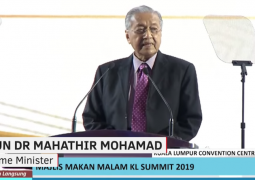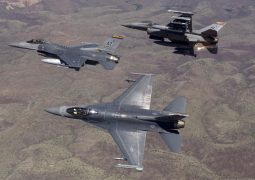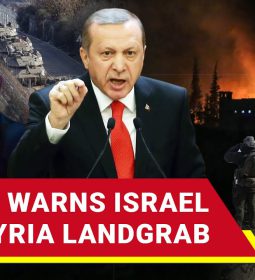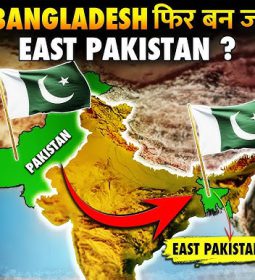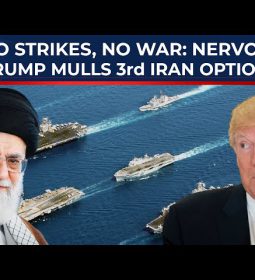Aleppo’s fall would be win for Russia, defeat for U.S. in Mideast
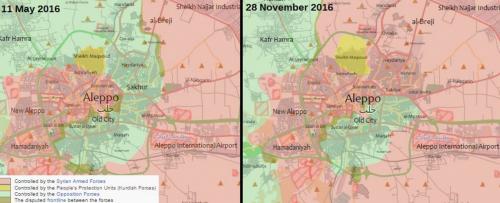
U.S.-backed moderate rebels’ loss of the eastern half of Syria’s largest city Aleppo to Russian-backed government forces would be a defeat for President Barack Obama’s efforts to promote democracy and defeat terrorism in the Middle East, U.S. officials conceded on Monday.
Their grim assessment reflected the expectation that the last rebel-held districts of Aleppo, where tens of thousands of civilians are trapped, will soon fall to the Syrian Army supported by Russia, Iran, and Shiite Muslim militias from Iraq, Lebanon and elsewhere.”The fall of eastern Aleppo will confront the United States with the reality that supporting a moderate opposition with any hope of becoming the future government of Syria is no longer a hope,” said Paul Pillar, a former senior U.S. intelligence analyst.
The defeat would leave President-elect Donald Trump with less influence over the course of the more than five-year-long civil war that is likely to grind on, fueling greater instability, violent extremism, refugee flows and regional rivalries, the officials said.
The loss by the moderate rebels would be a major victory for Syrian President Bashar al-Assad, securing his grip on all of Syria’s main cities and most of the south, central spine and western flank bordering the Mediterranean.
It also would vindicate Russian President Vladimir Putin’s bet that he could save Moscow’s longtime ally Assad by intervening in September 2015 with airpower, long-range artillery, military advisers and other support.
Russia on Monday said it would start talks with the United States on a rebel withdrawal from eastern Aleppo, a step the U.S. official said Washington would likely embrace to save lives.
“Who won? Putin, the Iranians and Assad. Who lost? We did, and Jordan (where the CIA trained and armed moderate rebels), especially. The Saudis and Gulf states,” said one U.S. official, who like others who spoke to Reuters, requested anonymity.
As Obama prepares to leave office on Jan. 20, his policies in the Islamic world have suffered a series of setbacks.
His hopes to bring peace to Israelis and Palestinians have been dashed. He pulled U.S. troops out of Iraq by the end of 2011, but they are back in limited numbers helping the government combat Islamic State fighters. In Afghanistan, the Taliban is retaking territory where U.S. and allied forces had defeated them. Libya, where the Obama administration led “from behind” to oust Colonel Muammar Gaddafi, is in chaos.
‘ALEPPO FALLS, BUT THE WAR GOES ON’
Syria, though, is the clearest American defeat. Some U.S. officials spoke bitterly of Obama’s decision not to intervene more forcefully in a war that has claimed more than 500,000 lives, forced millions from their homes and unleashed waves of refugees into neighboring states and Europe.
While Obama provided some support to moderate rebel factions, it was never enough to achieve the U.S. goal of forcing Assad and his Russian and Iranian backers to negotiate his replacement by a government of national unity, they said.
The moderate opposition’s defeat also confirms the return of Moscow as a major regional powerbroker, a status it has not enjoyed since the 1991 collapse of the Soviet Union.
“In the end, the Russians didn’t have an interest in ending the war,” said one U.S. official of Washington’s effort to craft a diplomatic solution with Moscow. “They wanted to win it.”
Pillar said he doubted that a negotiated outcome was ever attainable.
“There was never enough of a political culture or base for the so-called moderate opposition to become strong enough . . . before Russian intervention or after,” said Pillar.
But with Assad hampered by manpower shortages, the civil war that began after he crushed peaceful protests in 2011 will go on, compelling the continued involvement of Russia and the Syrian leader’s other allies.
“Aleppo falls, but the war goes on,” said the first U.S. official.
WILL AL QAEDA REBOUND?
He and other current and former U.S. officials argued that rebels who escape Aleppo would keep fighting, with some likely joining groups such as Jabhat Fateh al-Sham, formerly known as the Nusra Front, which Washington regards as al Qaeda’s Syrian branch.
“The guys who are going to get out are going to fight guerrilla-style. They are going to join Nusra … the Arabs are going to continue to fund the opposition,” said the U.S. official. “They are not going to forget about it just because we have.”
Other U.S. officials warned that the conflict could escalate as flagging U.S. support for Assad’s opponents could prompt Saudi Arabia, Qatar and Turkey to intensify their military aid to rebel groups.
A second official, reflecting concerns shared by numerous others, said Saudi Arabia could funnel more lethal weapons to opposition factions, which raises the possibility that they eventually could be turned against Western targets.
“We’ve been pretty good at keeping stuff out of there so terrorists can’t get their hands on it, but there’s no reason for the Saudis to heed our warnings anymore,” he said.
Meanwhile, the fall of eastern Aleppo will provide a major boost to Shi’ite Iran, Sunni Muslim Saudi Arabia’s main regional rival, whose elite Islamic Republic Guard Corps has suffered significant casualties fighting for Assad.
By helping secure Assad, Iran will preserve the pipeline through which it ships missiles and other weapons to Hezbollah, the Lebanese Shi’ite militia movement that also has fought for Damascus, to use against Israel.
“The Assad family is the longest standing strategic partner of Iran in the entire Middle East,” said a third U.S. official. “Syria is the forward operating base against Israel, the conduit to Hezbollah, and an Iranian-friendly island in the Arab lands.”
(Reporting by Jonathan Landay and Arshad Mohammed; Additional reporting by Yeganeh Torbati; Editing by John Walcott and Grant McCool)
- Previous President of Kazakhstan suggests to hire foreigners for attraction of investments
- Next KERRY: Not enforcing Obama’s red line in Syria ‘cost’ the US considerably in the Middle East Read more at http://www.businessinsider.my/kerry-says-not-enforcing-syria-red-line-cost-the-us-in-mid-east-2016-12/#zufXfVfKKzWZzjXw.99





